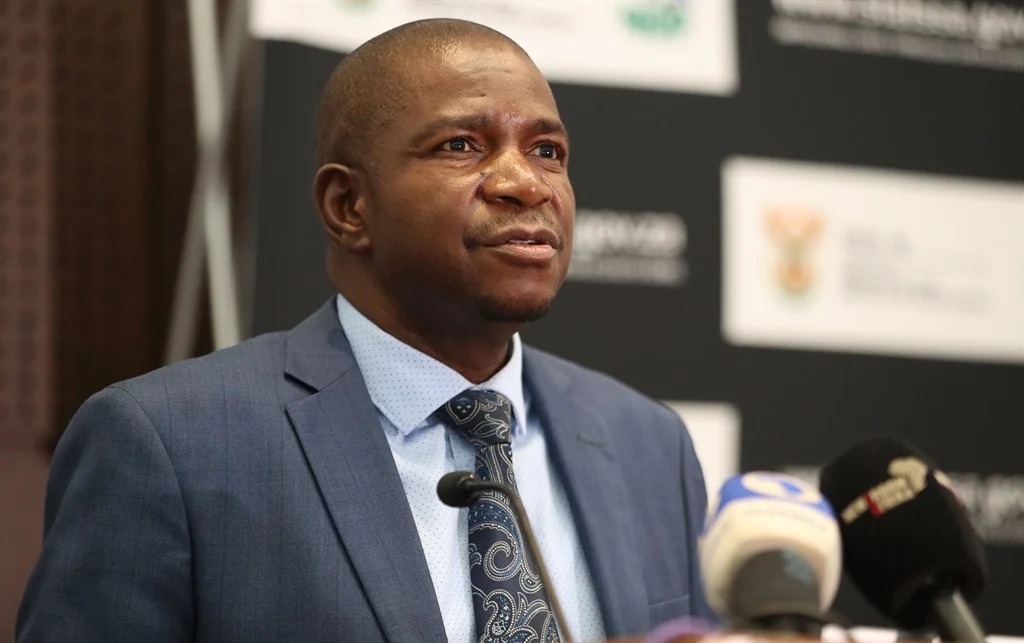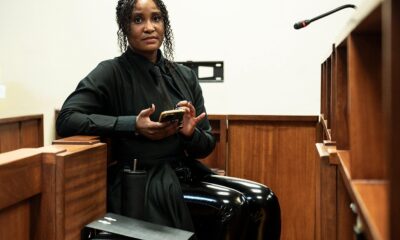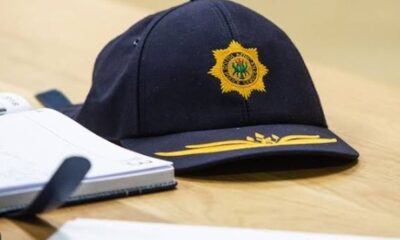News
Why South Africans Are Losing Faith in the Police: New Stats Tell a Troubling Story

South Africans are increasingly choosing silence over speaking out when crime strikes. A new national survey by Statistics South Africa has painted a sobering picture: more than 60 percent of theft and robbery victims never report their ordeals to the police. The reasons, according to respondents, range from deep mistrust to a belief that the police simply cannot help.
Reporting crime is the exception, not the rule
The Governance, Public Safety, and Justice Survey shows that in the 2024 to 2025 financial year, nearly 1.5 million households had at least one member fall victim to crime. Housebreakings and robberies dominated, making up 86 percent of incidents. Yet, when it came to theft alone, a staggering 63.6 percent of victims kept quiet, an increase from just under 56 percent the year before.
The findings reveal a hard truth: 53.2 percent of victims chose not to report because they believed the police would not or could not help. Another 8 percent admitted their silence came from fear of, or distrust in, the very people meant to protect them.
Robbery victims showed even greater reluctance, with almost two-thirds avoiding the police entirely.
Confidence in law enforcement slipping
The survey went further than crime reporting, probing how South Africans perceive safety and protection. Only 39.6 percent of those who witnessed a crime said they would call the police, down from 43.8 percent in the previous year. For many, dialling emergency services is no longer their first instinct.
This lack of trust is not just about numbers; it is about lived experiences. From Johannesburg to smaller towns, South Africans often share stories of unanswered calls, slow response times, and cases that never move forward. Social media regularly reflects this frustration, with hashtags calling for reform trending after high-profile crimes.
Safety after dark remains elusive
By day, most people still feel secure in their own neighbourhoods. Stats SA found that 81 percent of those surveyed felt safe walking the streets during daylight hours. But at night, that confidence drops sharply: only 36.1 percent felt safe stepping outside after dark.
Women reported the greatest unease, with two-thirds saying they felt unsafe or very unsafe in their own neighbourhoods at night.
Many South Africans are turning to private measures instead. More than a third have invested in home security, from burglar bars to armed response contracts. Those who can afford these systems say they feel safer with them. However, about 17 percent of respondents admitted they lack the means to protect themselves at all, leaving them vulnerable.
A challenge bigger than crime stats
Statistician General Risenga Maluleke was clear that this survey is not meant to replace the official SAPS crime statistics, which record reported cases. Instead, the Stats SA survey offers an insight into how South Africans actually experience crime and security.
The conclusion was blunt: crime remains one of the defining challenges of life in South Africa, cutting across gender, income, and geography.
For ordinary citizens, the findings confirm what they already know. Until faith in policing is rebuilt, silence may continue to be the loudest response to crime in South Africa.
Also read: South Africa mourns the passing of veteran diplomat Mninwa Mahlangu
Follow Joburg ETC on Facebook, Twitter, TikT
For more News in Johannesburg, visit joburgetc.com
Source: The Citizen
Featured Image: News24



























